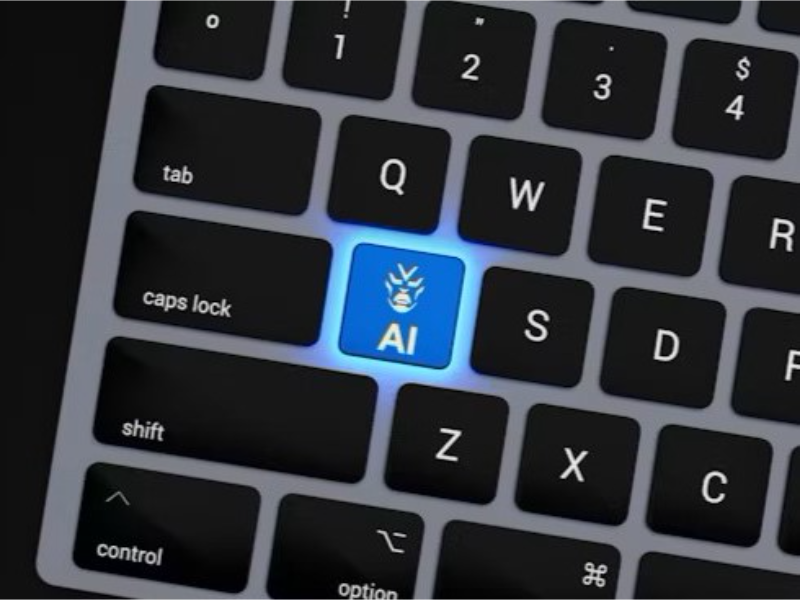- Paolo Ardoino, Tether’s CEO, warns about OpenAI’s recent security breach, advocating for decentralised AI models as crucial for privacy and resilience.
- Tether plans substantial investments in AI to develop decentralised models, leveraging local device capabilities to safeguard user data effectively.
OUR TAKE
Paolo Ardoino’s cautionary remarks on OpenAI’s security breach highlight the vulnerability of centralised AI systems. His advocacy for decentralised AI models as a stronger defense underscores their potential to safeguard privacy and enhance resilience against cyber threats. Tether’s proactive investment in these technologies signals a pivotal step towards ensuring data security in an increasingly interconnected world. This shift towards local execution of AI promises not only better control over sensitive data but also sets a new standard for digital security practices.
–Jasmine Zhang, BTW reporter
What happened
Paolo Ardoino, CEO of Tether, expressed alarm over OpenAI‘s recent security breach, emphasising the need for decentralised AI models as a robust defence against such attacks. He described the hack as “scary” and underscored that decentralised, locally executable AI models are the “only way” to safeguard privacy and ensure resilience. Ardoino highlighted the capability of new-generation smartphones and laptops to fine-tune large language models (LLMs) with users’ data, maintaining enhancements locally on the device.
Tether, the company behind the world’s most traded cryptocurrency, USDT, has already signalled its intention to invest heavily in AI technologies. Ardoino’s comments reflect Tether’s commitment to developing decentralised AI models that can enhance security and privacy in an increasingly connected world. He believes that by leveraging local computational power, users can enjoy the benefits of advanced AI while minimising the risk of data breaches.
Also read: Hacker breaches OpenAI, steals internal AI technology details
Also read: Phil Schiller to represent Apple on OpenAI Board
Why it’s important
Paolo Ardoino’s warning about OpenAI’s security breach is a wake-up call for the tech industry. His argument for decentralised AI models as the best defence against such threats is compelling.
With increasing hacks, relying on centralised AI systems seems increasingly risky. Locally executable AI models offer a solution, preserving user privacy and ensuring data security.
Locally executable AI models run directly on devices like smartphones and laptops, enhancing privacy and reducing latency by keeping data local. They offer better control and resilience, ideal for real-time applications and sensitive data processing. Despite challenges like resource constraints, their future looks promising as technology advances.
Tether’s commitment to this vision, investing heavily in AI technologies, sets a crucial precedent. Ardoino’s insights challenge us to rethink our approach, highlighting the need for robust, decentralised systems in a world where data breaches are becoming alarmingly frequent. This shift could redefine digital security, making decentralisation the new standard in AI development.

